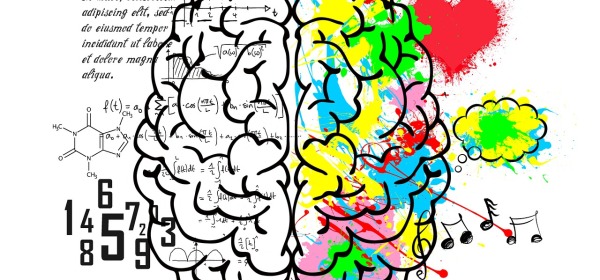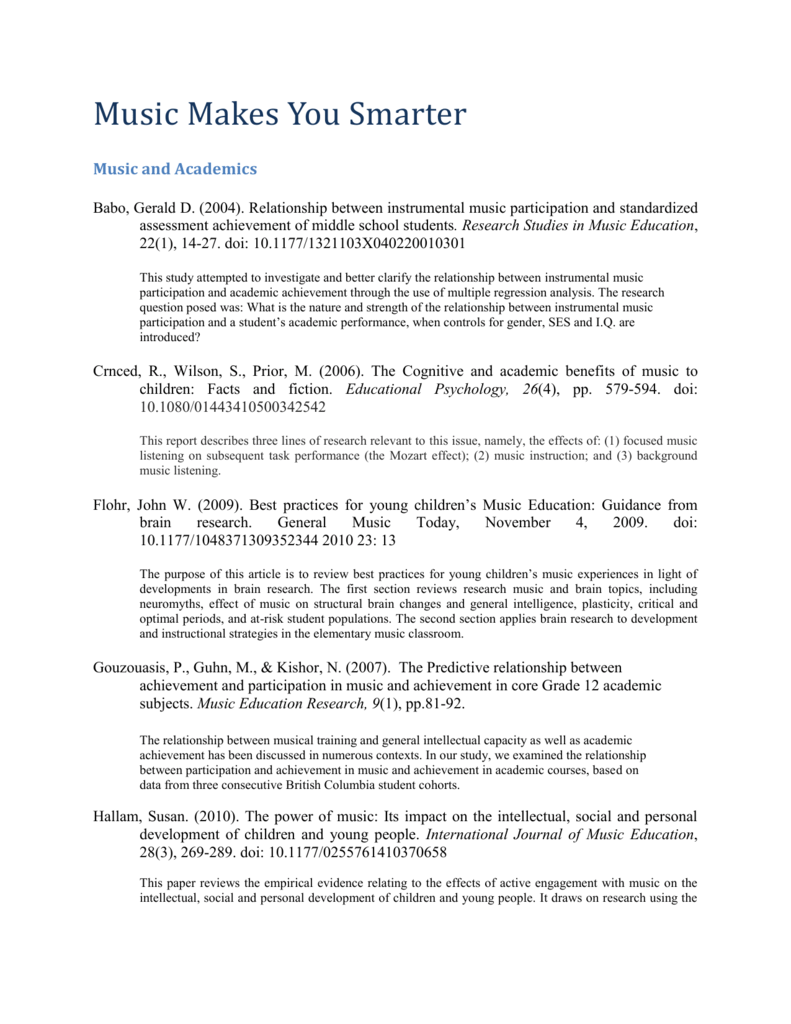Music education has long been recognized as an important aspect of a well-rounded education. In recent years, numerous studies have shown a strong link between music education and academic success. This relationship is often attributed to the many cognitive and non-cognitive skills that students develop through music education, which can have a positive impact on their overall academic performance.
One of the most well-known benefits of music education is the way it can enhance cognitive skills. For example, research has shown that music education can improve spatial-temporal skills, which are critical for problem-solving and mathematics. Additionally, music education has been found to improve language and literacy skills, including reading comprehension and vocabulary. These cognitive benefits of music education can translate into improved academic performance in subjects such as math and language arts.
In addition to the cognitive benefits of music education, there are also numerous non-cognitive skills that students can develop through music education. These skills include teamwork, discipline, creativity, and self-esteem. These non-cognitive skills are important for academic success, as they can help students to be more motivated, engaged, and confident in their academic pursuits.
One of the ways in which music education can support academic success is by providing students with an outlet for self-expression. For many students, music can be a way to express themselves creatively and emotionally, which can help to reduce stress and increase overall well-being. This, in turn, can lead to improved academic performance, as students who are feeling more positive and less stressed are more likely to be able to focus on their studies.
Furthermore, music education can also promote teamwork and collaboration. Many music education programs involve ensemble work, where students work together to create music. This can help students to develop important social skills, such as communication and teamwork, which are critical for academic success.
Overall, the evidence suggests that music education can have a positive impact on academic success. By enhancing cognitive skills, developing non-cognitive skills, and providing an outlet for self-expression, music education can support students in their academic pursuits. As such, it is important for schools to prioritize music education as an integral part of the curriculum.








